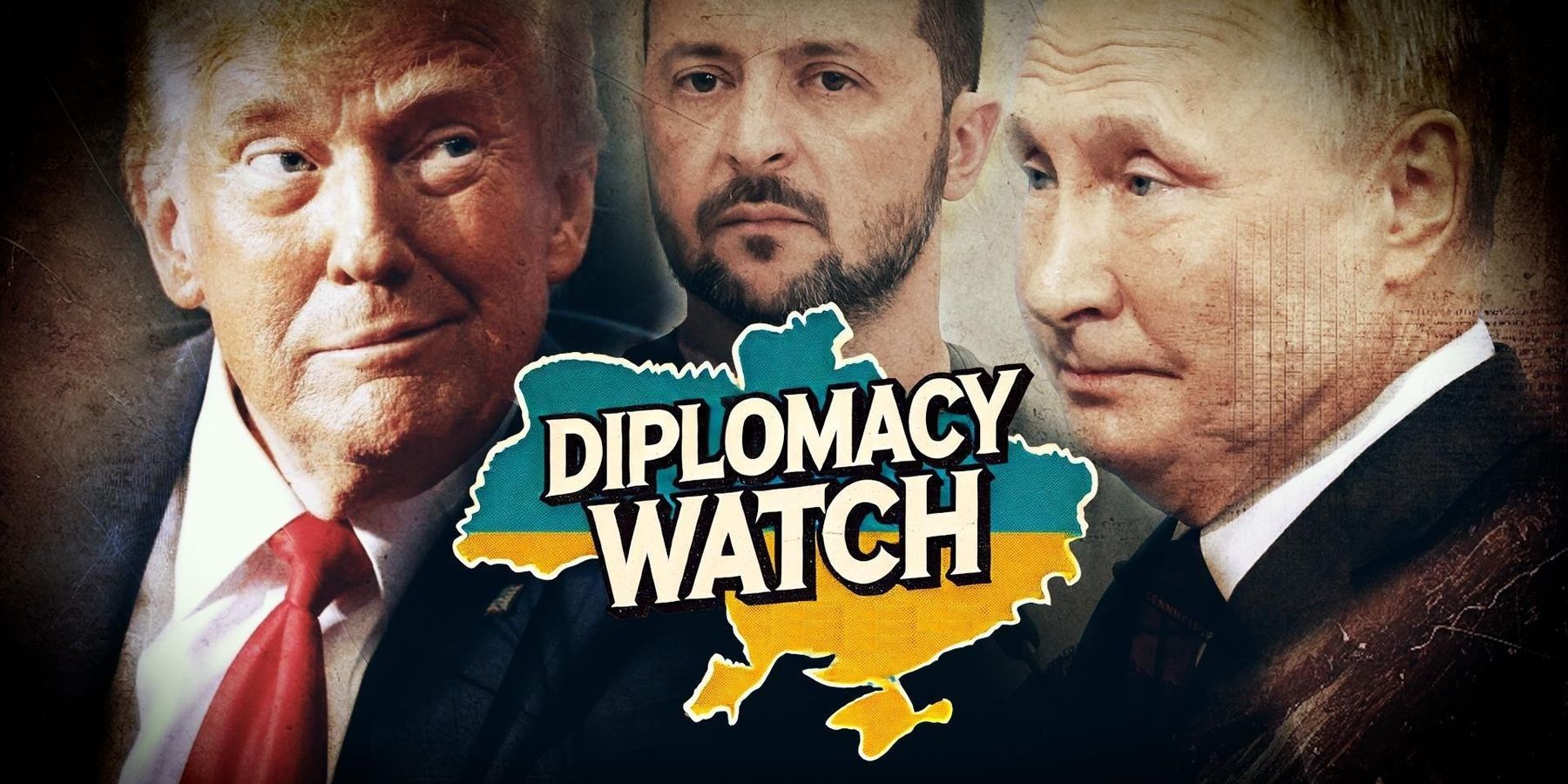European leaders met this week at the behest of French President Emmanuel Macron, who wants to solidify a plan to send troops to Ukraine as a security package. However, the meetings emerged, according to the Wall Street Journal, “without a public commitment from other European countries to send troops.”
France and the United Kingdom have been pushing for troops on the ground in Ukraine, and other countries, like Sweden, Denmark, and Australia, have indicated a willingness to do so as well. The main hurdle appears to be that most are apparently unwilling to send their armed forces to Ukraine without the protection of the United States.
“My wish is that the Americans are engaged at our side, but we have to be prepared for a situation in which they maybe don’t join in,” Macron said.
Another European diplomat said, "when Ukraine was in a better position, the idea of sending troops appealed. But now, with the situation on the ground and the U.S administration as it is, it's not very sexy.”
European countries did agree this week to provide more aid and training for Ukraine. France, Germany, and the United Kingdom also agreed to send a team to Ukraine to analyze how many troops would be needed for a hypothetical European force.
Meanwhile, after negotiations earlier in the week, U.S. and Russian leaders agreed on an expanded ceasefire deal focused on the Black Sea. The Kremlin clarified that accepting an agreement would hinge on the relaxation of sanctions on the agricultural bank, Rosselkhozbank.
The U.S. did not explicitly promise to lift sanctions but that it would “help restore Russia’s access to the world market for agricultural and fertilizer exports, lower maritime insurance costs, and enhance access to ports and payment systems for such transactions.”
European leaders balked at the idea of lifting sanctions. German Chancellor Olaf Scholz said doing so would be “a serious mistake.” Additionally, U.K. Prime Minister Kier Starmer said, “now is not the time for lifting sanctions.”
“Moscow has shown every indication of driving a hard bargain in the talks conducted thus far, not to mention that much of the subject matter is innately technical and simply does not lend itself to swift resolution,” said the Quincy Institute’s Mark Episkopos. “There have been signs in prior weeks of a slow convergence between U.S. and Russian positions… However, Kyiv, flanked by some of its European partners, has voiced deep-seated reservations about possible concessions and other terms of a potential peace settlement.”
Episkopos added, “these concerns and the way they’re being raised speak to a larger lack of buy-in that, if left unsquared, will complicate efforts to get a peace deal past the finish line.”
In other Ukraine War news this week:
On Wednesday, the Wall Street Journal reported that President Trump said that the Kremlin may be “dragging its feet” on the Black Sea ceasefire deal. “I’ve done it over the years. You know, I don’t want to sign a contract. I want to sort of stay in the game, but maybe I don’t want to do it quite—I’m not sure,” he said, referring to his previous experience in real estate.
Russia’s mission to the United Nations accused Ukraine of sabotage. In a statement to the Security Council, UN Representative Dmitry Polyanskiy said, “Kiev continues to plan and carry out strikes against Russia's energy infrastructure, thus trying to hoodwink both us and the United States.”
According to CNN, South Korean officials claim that North Korea sent an additional 3,000 soldiers to Russia in January and February. Pyongyang also sent “220 pieces of 170-millimeter self-propelled howitzers and 240-millimeter multiple rocket launchers,” and that further aid was likely to increase depending on the situation.
The European Commission advised EU citizens to have at least 72 hours of food and supplies in reserve. CNN outlined the new document released on Wednesday, which cited Russia’s invasion of Ukraine, geopolitical tensions, and other concerns.
U.S. State Department news:
During a State Department briefing this week, a reporter asked spokesperson Tammy Bruce if the Trump administration agreed that Putin had legitimate claims to Crimea or other regions annexed by Russia, referencing comments made by envoy Steve Witkoff. Bruce said she did not want to speculate on the topic but promised that the president was “singularly focused” on bringing peace to the conflict.
Another reporter asked how the administration was planning on ensuring trust between the United States and Ukraine. Bruce replied, "this isn’t about trust or if—who you’re dealing with and whether or not you like them or you don’t or what that dynamic is.”- European elections: Was the Ukraine War another big loser? ›
- Why Macron went full hawk on Ukraine and then backed down ›
- Europe's sticks are a little limp | Responsible Statecraft ›
















